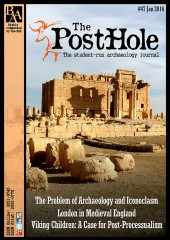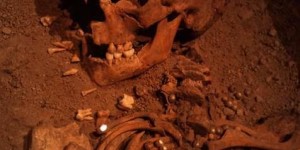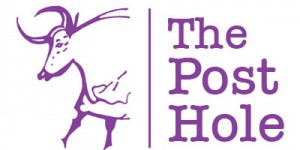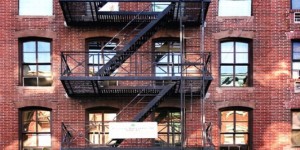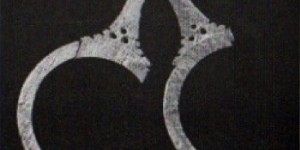What a month it has been for everyone living and working in York! It has certainly been a hair raising start of term, when many of us faced the possibility of returning home after the holidays to find a submerged house after the extremely high flooding over the Christmas period.
In keeping with this watery month, it seems fitting to include a snatch of the water crafts of the Bronze Age inhabitants around Europe. Not really a great deal has changed in the design of moderns canoes today in terms of shape. Many of these log boats were over 10m long, some even reaching 15 metres, designed to carry the weight of as much metalworking resources from place to place as possible. There are several distinct traditions of boat construction, as plank boats were later used in the Bronze Age too. Additionally, contemporaneously to this, sail boats had taken hold in Egypt and Greece. It could be likely that the production of the humble log boat carried more than just the utilitarian functions, and could be highly symbolic, as we can surmise from log boat burials, such as that of the Gristhorpe Man. Who knows, if York gets flooded to the extent that it was several weeks ago again, we may all have to start getting out our wood working tools and start paddling our way to university far more than we’d bargained for.
This month’s issue contains a wide selection of articles, all of which were, as usual, a pleasure to read. Our first is an enjoyable read by a University of York student, Rachel Morgan, who takes us into Viking culture with a fresh perspective. She chooses to investigate children, and their representation in the investigations into these people. By taking a post-processualist viewpoint, she looks at Viking toys, their osteology and representation in Viking mythology.
Matt Earwaker from Birkbeck institute in London provides us with a passionately written piece explaining the depth of the destruction caused by ISIS in their campaign to destroy the heritage shown and preserved in various archaeological sites and monuments. Earwaker suggests how we may be able to better protect such sites from future damage.
Next, we have Adam Goodfellow’s well informed article which explains the scene of employability in the field of Archaeology. This article contains several interesting charts of responses from survey work done in this area, as well as explaining the factors concerning the job opportunities and the opinions of those asked. Goodfellow finishes by offering advice to graduates and other people linked, or wanting, to join the archaeological profession.
University of York student, Izzy Bartley’s paper is an insightful piece explaining the value of historic house museums above and beyond the materiality of their architecture and furnishings. Bartley explores the importance of investigating and displaying the social factors which have lead to their preservation as the home of prized and collected items. Bartley argues for an implicit obligation for museums and other heritage organisations to hold in explaining their preservation as a whole, in addition to the items held within them.
Last but not least, we have an in depth investigation into the crafts of medieval London by Nottingham student, Jennifer Hatton. Hatton looks at the role played by this city into industry, taking into account the urban planning, the natural resources available and the social influences.
Finally, after wishing everyone a safe February, I’d like to give thanks to Varun Shiv Kapur, for permitting us to use one of his fantastic photos of the Temple of Bel in Palmyra, Syria, which was sadly recently destroyed by ISIS.
Don’t forget, if you would like to share any of your thoughts, research or experiences with the archaeology community, then please submit your work to us at submissions [at] theposthole.org to appear in next month’s article. For guidance on submission, please visit our website at www.theposthole.org/authors for more information about this.
All the best,
Freya Lawson-Jones
Editor-in-Chief
editor [at] theposthole.org


